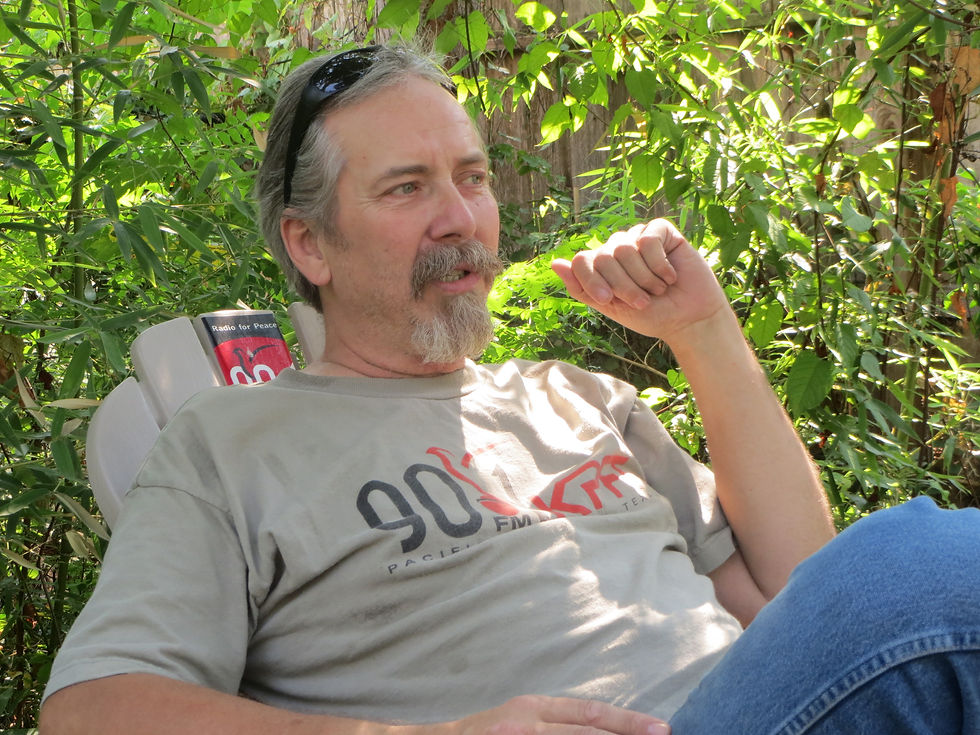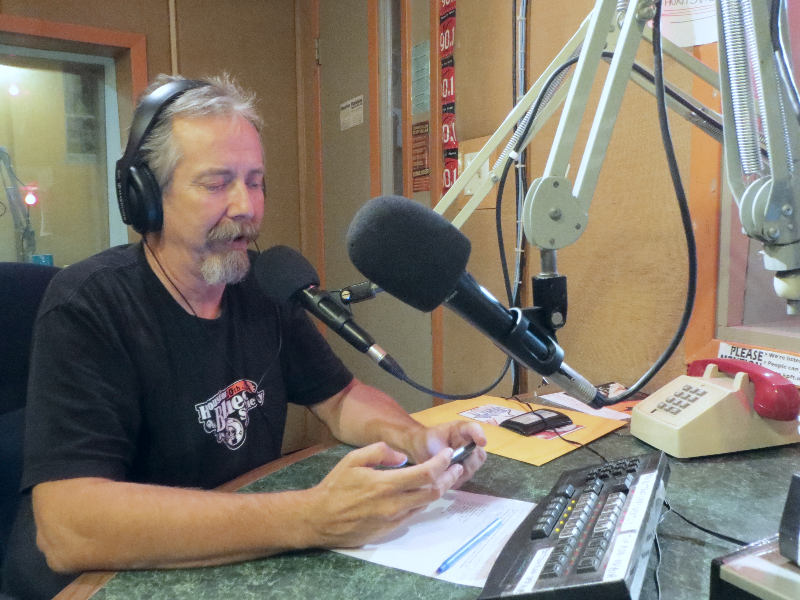Heart to Heart with Hank
- siobhanntighe2002
- Oct 13, 2015
- 3 min read

Hank Lamb use to fish. “I was the Fishing King of North Kern State Prison, California”. That's how he earned his tobacco.
When he was inside, Hank used to get sandwich wrappers, like cellophane, and cut them into thin strips. Then he’d stretch and twist, stretch and twist, stretch and twist until they became a long, long fishing line. That was how he went from cell to cell moving drugs around, and cigarettes, lighters and rolling paper. He would even "fish" for correctional officers, dropping the line down from his landing to their booth, teasing them with his dancing, plastic line, cracking up when they tried to pounce on it.
Hank had fun doing it because he had a realisation during that sentence. He knew he wasn't going back to prison after this stint. In and out of jail 35 times and spending nearly four years of his life in the system, he knew he had to stop. “I sat down on the concrete bench and thought about my life’s troubles and why I keep getting locked up. At that moment, 1st June, 1993 , I quit drugs and all the bad behaviour. I worked out that I had spent a tenth of my life in jail. I didn't have any more time to give 'em", chuckles Hank.
And he's stuck to it and remained free. He was 40 when he was released, and he’s 59 now.
Hank Lamb is presenter of The Prison Show, the radio programme I’ve come to see in Houston on a community radio station called KPFT . The radio station covers about an eighth of the state of Texas, and about 50 jails and prisons get the show. Prisoners hear it on their own small radios in their cells. "Inmates are the most resourceful people. If a guy's got a little, weak radio he'll rig an antennae to it or hang a wire out the window or hang it up on the bars or hold his arm up, just right, to listen."
It's impossible to tell how many people listen to the show but mail gives them a good idea of the show's impact. "We get letters from guys in prison who have lost their privileges and had their radios taken and they tell us how badly they miss it."

During his show Hank tries to persuade his audience to use their time inside positively. "They need to keep their nose clean. We really try and stress that. All of us on the programme team have done time and we all know that you can get out and make a success of yourself."
This "prison show" is going out on the public airwaves so does he ever worry that he's going to offend victims of crime or make their pain even worse? "Anyone listening to the programme will realise that most of the folks in prison are there for pretty minimal reasons. The dealth penalty folks are gonna get the worse possible punishment as far as society is concerned. I think life in prison without parole is much worse than the dealth penalty. Once you've executed somebody their punishment has stopped but the family's punishment continues for ever. If victims listen with any discernment at all, they'll realise that people in prison are paying their dues. This programme is a method of helping the other innocent victims of crime: the family of inmates."
What about including victims in the programme? "We do," Hank says. "And doing that we touch a lot of people because the inmates who haven't taken responsibility for their actions get to hear a different point of view. Also, other victims who listen realise they are not voiceless in the whole process and they have something that we need to hear: as an ex-offender, I need to hear them, inmates need to hear them, and families of inmates need to hear them because often they think it's "all happening" to their loved one, and discount what the loved one did to get to prison."
By the way, Hank's not that into fishing anymore.

Comments